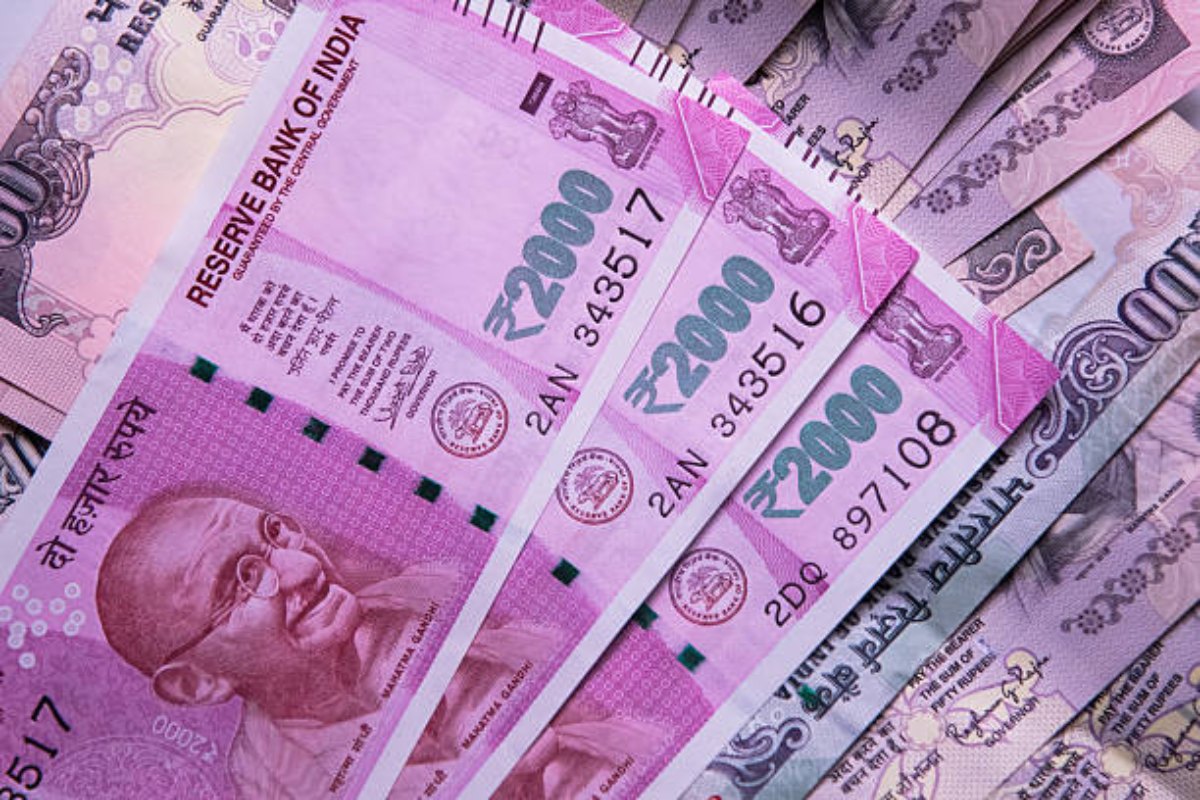The Supreme Court on Thursday declined to entertain during its summer vacation a petition challenging the notifications, issued both by the Reserve Bank of India (RBI) and the State Bank of India (SBI), permitting the exchange of Rs 2000 denomination currency notes – that are now being withdrawn – across the bank counters without any identity proof of those seeking to exchange them.
Declining to entertain the plea challenging the Delhi High Court’s May 29 order, Justice Sudhanshu Dhulia, heading a vacation bench also comprising Justice KV Viswanathan, said: “Sorry we are not entertaining these petitions during the vacation. Please mention before the Chief Justice of India after vacation.”
Advertisement
The vacation bench said this after petitioner advocate Ashwini Kumar Upadhyay mentioned in the petition for an early listing. Upadhyay has approached the top court against the May 29, Delhi High Court order rejecting the plea on the grounds that mode of exchange of Rs, 2000 denomination currency notes was a policy decision and did not warrant interference by the courts.
As the bench declined to entertain the matter during vacation and asked the petitioner advocate to mention it before Chief Justice DY Chandrachud after the vacation, Upadhyay said that by then all black money will become white pointing out that in the last three days Rs 2000 banknotes worth Rs 50,000 crores have been already exchanged. He said that this is happening for the first time in the world.
Upadhyay has sought a stay of the notifications so far as they permit exchange of banknotes across the bank counters without requisition slip and identity proof.
The petitioner advocate has stated that exchange of Rs 2000 denomination currency notes by the banks in the absence of identity proof is in violation of the several statues including the Prevention of Corruption Act, 1988, Benami Transactions (Prohibition) Act, 1988, Prevention of Money Laundering Act, 2002, Lokpal and Lokayuktas Act, 2013, Central Vigilance Commission Act, 2003, Fugitive Economic Offenders Act, 2018, and the Black Money (Undisclosed Foreign Income and Assets) and Imposition of Tax Act, 2015.
The High Court had dismissed Upadhyay‘s plea stating that the it was purely a policy decision of the government and the “courts should not sit as an appellate authority over the (policy) decision taken by the government.”
Upadhyay had sought a direction to the central government to ensure that people deposit Rs. 2000 denomination currency notes in their “respective bank accounts only, so that no one could deposit the money in others’ bank accounts.”
“A large number of notes of this denomination has either reached in lockers of individuals or been “hoarded by separatists, terrorists, Maoists, drug smugglers, mining mafias and corrupt people,” he had said in his plea before the High Court.
However, the RBI, defending the decision to permit people to exchange Rs. 2000 denomination banknotes without any requisition slip and identity proof, had told the High Court that the withdrawal of Rs 2000 notes is a “statutory exercise” and the decision to enable their exchange was taken for “operational convenience.”
The Reserve Bank had said that the Rs 2,000 denomination banknote was introduced in November 2016 primarily to meet the currency requirement of the economy in an expeditious manner, after the withdrawal of the legal tender status of all Rs 500 and Rs 1,000 banknotes that were in circulation at that time.
















